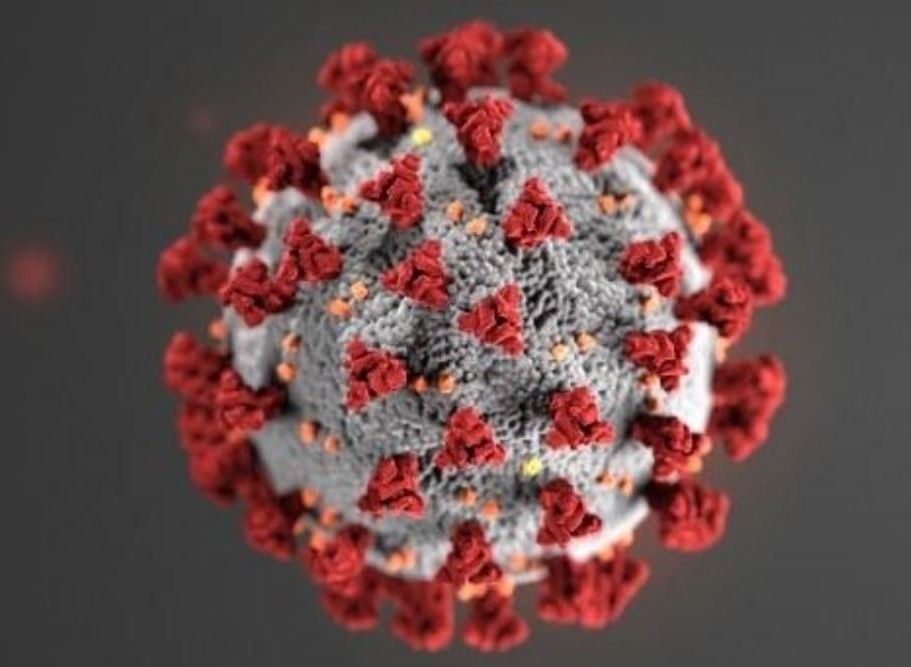Israel's proposed COVID-19 emergency legislation grants sweeping powers to the government – in violation of the law
New proposed COVID-19 emergency legislation now moving through the Knesset grants sweeping powers to Israel's government – in violation of Israel's own law.
The proposed legislation grants the government the authority to declare a state of emergency as well as to enact associated regulations – potentially entailing extreme restrictions on basic rights in all spheres of life – with ineffective supervision by the Knesset and almost no guidelines as to the manner in which these powers may be exercised.
On 30 June 2020, Adalah sent a position paper authored by Adalah Attorney Fady Khoury on the "Special Powers to Deal with the Novel Coronavirus (Temporary Order) Bill, 2020" to the Knesset Constitution and Law Committee in advance of their discussion of the bill.
CLICK HERE for Adalah's position paper on COVID-19 Frame Law
Declarative powers of a state of emergency
The bill vests the power to declare a coronavirus-related state of emergency in the hands of the executive (the Israeli government). The condition in which a state of emergency may be declared is defined in the bill as “a high probability of the spread of the coronavirus at a level that threatens public health” [1] which is an overly broad and subjective parameter. The bill does not require the executive to ground its declaration on an expert opinion (e.g. of epidemiologists), nor does it define the level of threat to public health that would warrant such declaration.
Enactment of regulations
Under the bill, Israel's government may enact single regulations in response to a declared state of emergency, “if it is convinced that this is required in order to prevent infection by the virus, to contain its spread, or to protect populations at risk”.[2] Again, the criteria for enactment are vague and subjective, giving rise to fears of arbitrary decisions by the executive. This is all the more likely to happen since the procedure to enact such regulations is not specified in the bill, and it is left to the executive to define it, with no requirement of transparency regarding the grounds upon which each measure is deemed necessary. Moreover, the bill does not establish any progressive mechanisms of implementation that condition the resort to more extreme measures on the severity of the danger the coronavirus poses at any given time.
One of the most problematic provisions is §11 of the bill, relating to enforcement. This section allows the government to define new criminal offences, without the prior approval of the Knesset, as is normally required by §2(b) of the Israeli Penal Code. Equally concerning is an article that imposes automatic limitations on the “restricted zones”,[3] leaving the ministerial committee the power to reduce these limitations only as a retroactive corrective measure.
Policies that have a limiting effect on human rights and that have been authorized in the previously-passed COVID-19-related emergency regulations, now find their place in the proposed primary legislation. Such policies include authorizing the executive to empower the police and other non-police authorized agents to demand information, documents and detain individuals; to enter any place (except for private homes), including parked vehicles, as a general measure, without requiring necessity or proportionality or standards of reasonableness; and to use force without a statement that it cannot be used in a way that could threaten people’s life, limb or health.[4]
Ineffective checks on executive powers
The bill grants the executive wide discretion to decide what constitutes a state of emergency and what measures to utilize to deal with it. These acts are not contingent on prior approval by the Knesset, which is given only subsequent supervisory powers. In theory, the bill grants the Knesset the power to reverse a declaration of a state of emergency and calls for the ex-poste approval of governmental regulation. In effect, however, the approval process of the regulations anchored in §3(d) may take up to 17-24 days (depending on the measures adopted), during which the regulations are in force.
This is particularly problematic due to the fact that a later, instead of a prior, approval process may result in the entry into force of regulations that impose severe restrictions onto the public by which it must abide, only to be potentially reversed shortly thereafter by the Knesset, leading the government to reintroduce new measures, which will themselves be subject to the same approval process. This back-and-forth will no doubt amplify the already existing uncertainty for those who are subject to these regulations, and promotes confusion as to the expected conduct, especially vis-à-vis the regulations entailing criminal and administrative punitive measures.
Thus, rather than providing a legislative check on the measures taken, in accordance with the principle of the separation of powers, the bill merely puts in place a formal framework of authorization that seeks to further ease the Israeli government’s ability to act and to confirm the controversial policies that were pursued prior to its enactment. If passed in its current form, it would provide a legal rubber stamp to the extreme and questionable measures adopted by the government via dozens of emergency regulations enacted up until this point. This is all the more of concern, since the mere passage of the proposed law – and regardless of the threat level the virus poses on the day of its enactment – would itself result in the entry into force of a state of emergency for 30 days,[5] a period that can be extended for 45 days each time for up to ten months.
CLICK HERE for Adalah's position paper on COVID-19 Frame Law
(Photo: Israel Police/Facebook)




















